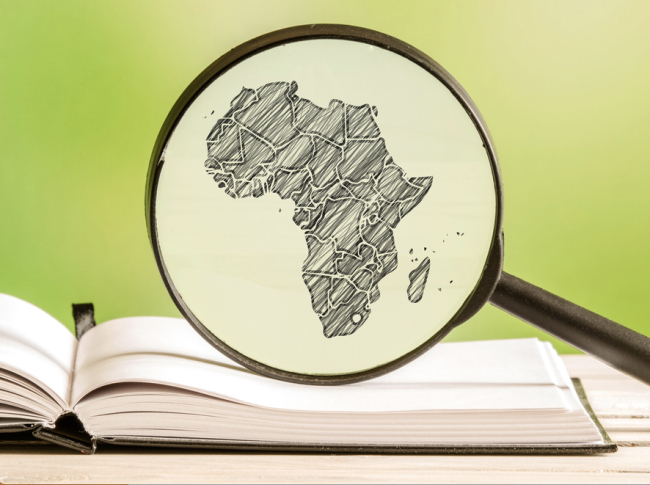The Resurgence of Conflict in Mozambique. Ghosts from the Past and Brakes to Peaceful Democracy

2016 proved to be a most challenging year for Mozambique. Small-scale conflict, which started reappearing between the government and the opposition party, the Mozambican National Resistance (Renamo), in 2013, intensified over the course of the year, whilst peace negotiations stalled.

Secret loans guaranteed by the government and amounting to USD 1.4 billion were revealed, prompting international partners, including the International Monetary Fund (IMF) and the World Bank, to suspend their aid. To make matters worse, the country was plagued with droughts for the past two years, compromising agricultural production, and pushing it to seek food aid. However, on 27 December 2016, Afonso Dhlakama, leader of Renamo, declared a week-long ceasefire, which was extended for two months on 3 January 2017.
Since then, the opposition party and the government have agreed on a new format for peace talks, forgoing the use of international mediators, as had been done all throughout 2016, instead picking Mozambican representatives and engaging in direct communication. This ceasefire announcement could not have come at a more crucial time, as the Mozambican government is under scrutiny by international partners to clarify its hidden debt situation and audit the public companies which were involved, and as the government seeks to keep investors interested in the country’s offshore gas potential. In an effort to reassure the climate investment within Mozambique, the next leg of talks between the government and the insurgent Renamo leadership will prove crucial in securing peace. In determining the chances of success of such talks, it is important to revisit the causes of this recent resurgence of conflict, trying to understand why after two decades of peace, Mozambique was once again a country marked by conflict between the same parties of its past civil war. A closer look reveals that signs of instability were very much present in the peacebuilding model, which Mozambique had come to be known as.

Available in:
Regions and themes
Share
Download the full analysis
This page contains only a summary of our work. If you would like to have access to all the information from our research on the subject, you can download the full version in PDF format.
The Resurgence of Conflict in Mozambique. Ghosts from the Past and Brakes to Peaceful Democracy
Related centers and programs
Discover our other research centers and programsFind out more
Discover all our analysesGabon: Has an — Almost — Exemplary Transition Produced a New Political Model?
In two rounds of voting, on September 27 and October 11, 2025, the citizens of Gabon elected the members of both their local councils and the new national assembly. This marked almost the final stage of political transition, little more than two years after the coup d’état that had overthrown the more than five decades old dynastic regime of the Bongos — Omar, the father, who died in office in 2009, and then his son Ali, who is now in exile.
Claiming "The People": Youth Booms, Ailing Authoritarians and "Populist" Politics in Kenya, Uganda, and Tanzania
This study analyses the emergence of so-called “populist” political tendencies in three East African countries: Kenya, Uganda and Tanzania. It builds its analysis on a wider discussion of the term “populism”, its use and applicability in (eastern) African settings before going on to examine the drivers of three cases of populism: William Ruto’s 2022 election victory in Kenya and the “Hustler Nation”; Bobi Wine’s opposition to Yoweri Museveni in Uganda; and John Magufuli highly personal style of government in Tanzania.
The Contradictory Impacts of Western Sanctions on Economic Relations between Russia and Sub-Saharan Africa
How does Russia maintain economic ties with Africa despite Western sanctions? An analysis of investments, trade, and the circumvention strategies deployed by Moscow.
The Revenue Sources Sustaining Sudan’s Civil War. Lessons for the year 2023
Wars require money and resources, and often, most conflicts involve controlling sources of income and supply lines or denying them to enemies. This has been the case in Sudan’s past conflicts and is again as the civil war—between the Sudan Armed Forces (SAF), commanded by General Abdelfattah al-Burhan, and the paramilitary Rapid Support Forces (RSF), commanded by General Mohammed Hamdan Daglo “Hemedti” —has sunk into a protracted conflict.











